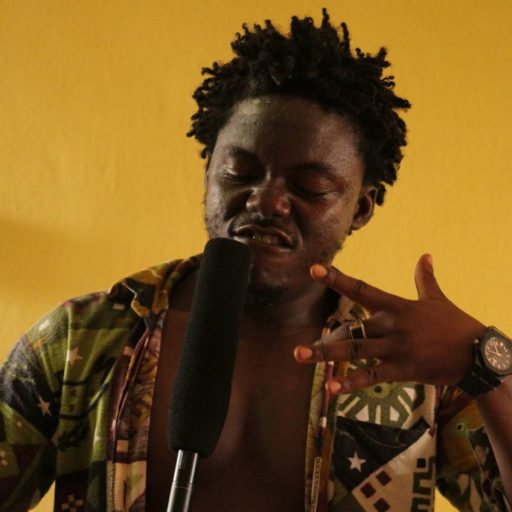Konya Shamsrumi: What is the process of writing a poem like for you? Is it a lot of hard work or easy?
I used to start with a line and then the rest of the poem would come spilling out of me. Now a blank page is daunting. I feel self-conscious about the white space on a page. Words don’t come to me as naturally as they used to. I worry that I have exhausted my word bank, the metaphors I keep returning to again and again. I find myself needing a break from words, from the poems crowding my head and refusing to be written out of me.
Konya Shamsrumi: Please describe your sense of identity in this or any possible world in imagery or metaphor?
Rabha Ashry: I always think of myself as a twisted tongue, a mispronounced name. My name is Arabic for winner and it has always felt like a demand. My mouth misses Arabic, but the language eludes me. I’m the in-between place, the collision of Arabic and English, home and exile.
Konya Shamsrumi: If any of your poems could literarily save a person’s life, which poem would it be and can you describe the person whose life you think it would have saved?
Rabha Ashry: I wrote a poem called “banat” a couple of years ago. I wrote the poem for the young queer me who felt lost and lonely in her queerness. I thought about all the beautiful people living in parts of the world where queer people are criminalized and stigmatized. The poem offers a message of hope and comfort, that queerness holds a future worth fighting for.
banatClick here
by
Rabha Ashry
people like us
carry a different kind of///// severed tongue
a different kind of severing
it's different you know it's different
where we come from
it's always hide and seek looks
you love and that love is always a knife to
your throat
it was the name /// the barbed wire
يا رب يا رب يا رب
you know it by the curse it was given to us
شاذه
خنيثه
مثليه
I’m sure if you know I'm sure you
have one or two names that you prayed
for prayed in
and your tongue
can show the same scars that mine does
maybe the same lines
we
deserve mouths full and holy mouths
soft and whole I can roll your rrrrrrr and you
can roll mine
I lost my name and chose a future I
know you have too and I don’t have to
translate for you
you know the name
they took when they stamped your passport
&
11,661 was our chant, our refrain
I know the taste of being an abomination and you
do too
صح؟

Konya Shamsrumi: What does Africa mean to you, as potential or reality?
Rabha Ashry: Africa is my mother and father. Africa is a complicated home and a language I lost my fluency in. Africa is my beginning and end.
Konya Shamsrumi: Could you share with us one poem you’ve been most impressed or fascinated by? Tell us why and share favorite lines from it.
Rabha Ashry: Safia Elhillo, in her “to make use of water”, reminds me that speaking two languages can sometimes mean losing two languages. She lists words she has forgotten in Arabic and in English, words that might seem unimportant or mundane but that create whole vocabularies. She says “back home we are plagued by politeness”, giving me a new perspective on the ways in which the idioms and platitudes that make up Arabic dialects create feelings of both respect and restraint.
Rabha Ashry is Egyptian, from Abu Dhabi, and based in Chicago. A New York University Abu Dhabi graduate, she has recently completed an MFA in Writing at School of the Arts Institute of Chicago. She writes about exile, the diaspora, and living between languages. Her work has been published in the Oyez review, Collected 2018, Airport Road, Electra Street, and Strange Horizons. She is the 2020 recipient of the Brunel International African Poetry Prize.
- Poets Talk: 5 Questions with Hauwa Saleh - May 14, 2024
- Poets Talk: 5 Questions with Daisy Odey - September 5, 2023
- Poets Talk: 5 Questions with Dare Tunmise - August 15, 2023

















Leave a Reply